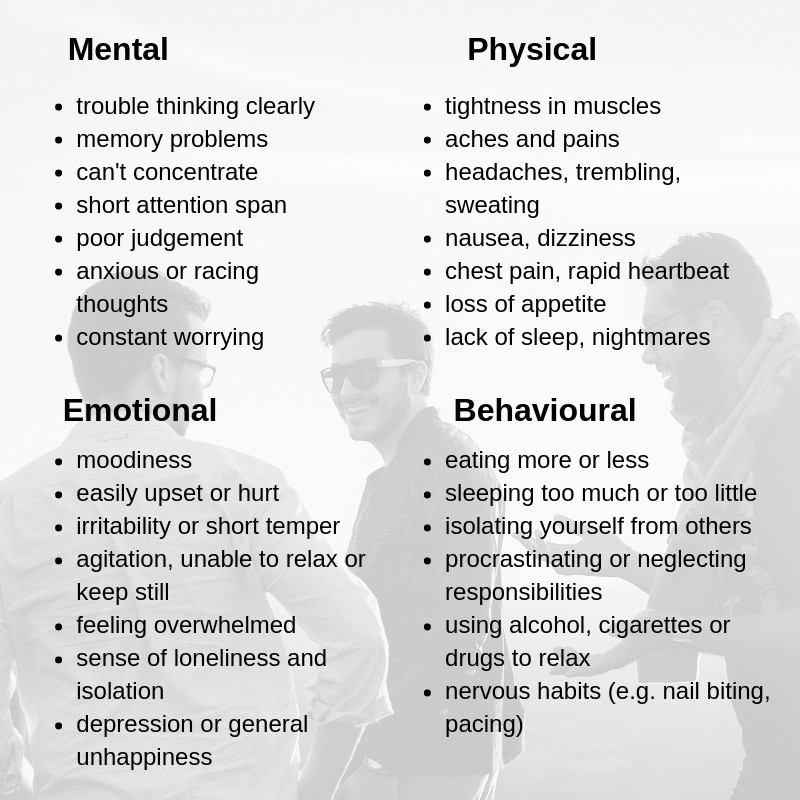
Tim, one of the nurses here at HCDS, who is a regular blog contributor, approached me a while back with an idea. Inspired by a men’s health campaign he had read about in a journal article, he wanted to author a series of blog posts on men’s health. The idea was to publish one article, per week, on Mondays during the month of March – hence the name ‘Man Up Mondays in March’.
The first of these articles is published below and is a call out to all men to consider getting regular health checkups. Stay tuned every Monday during March for another article (5 in total).
If you want to connect with Tim in relation to any of his posts, you can email him on tim.adler@flinders.edu.au
Editor: Gareth
A call out to all men
By Tim Adler
Hello! Tim here. I am one of the nurses that works in Health, Counselling and Disability Services. I’ve contributed a number of posts already to the blog on the topics of my own personal health journey, energy drinks, sleep, measures of academic success and back health.
I’d been discussing with Gareth ideas for future posts when I realised I wanted to do a series on men’s health. This is a topic that is close to my heart, having made significant investments in my own physical and mental health over the past couple of years. I want to share what I have learned along the way with other men, with the hope that it will trigger some to take their own mental and physical health more seriously.
Over the next 4 weeks I have decided to write a series of 5 articles including this one in order to promote better health for men. The inspiration for this came from a study I read that showed targeted programs can help improve men’s health. One such program was called “Man Up Monday!”. They attached a sexual health message to a day of the week to encourage men to think about their health. So I thought I would do something similar with my posts. So welcome to Man up Mondays in March! Every Monday during March I will post a new men’s health article. So without further delay, let’s dig in….
First up, a quick congratulations to women
I want to start by saying ‘well done’ to women. As a gender they are typically far more health conscious than men. Well maybe not more health conscious, but studies have shown that women, on average, attend medical practitioners for health concerns more than men do. So my challenge to male readers is to be more proactive in pursuing their health concerns with medical practitioners and other health care providers.
Why is men’s health such an issue?
One of the fundamental reasons we have an issue with men’s health is that men have a tendency to wait too long before seeking advice from health professionals.
Supporting this is data from the Australian Bureau of Statistics (ABS) which shows that:
“In 2007–08, men were less likely to report that they have GP check-ups at least annually than were women (49% compared with 62%). While there was no significant gap for those aged 65 years and over (around 86% for both men and women), the gap is mainly driven by differences in men and women aged 15–24 years (20% for men and 44% for women) and 24–44 years (36% for men and 53% for women).”
So young men, in particular, seem to be lagging behind in getting regular health check-ups.
Couple this with young mens’ tendencies to engage more frequently in risk taking behaviours (e.g. unprotected sex practices, high-impact sports etc.) means health concerns can accumulate without appropriate treatment.
What are some common men’s health concerns?
Whilst there are many studies that look into men’s health, I came across one in particular that took my interest, titled: ‘Identifying Male College Students’ Perceived Health Needs, Barriers to seeking Help, and Recommendations to Help Men Adopt Healthier Lifestyles’ by Davies et al. In this study, participants were asked to identify which health issues they were most concerned about.
Ranked in terms of how often they were endorsed, their health concerns were:
- Alcohol and drug use
- Personal Fitness
- A tie betweeen:
- Maintaining Desired weight (linked with either weight loss, weight gain or body image disorders) [Yes even we men have a tendency to be concerned about the way we look]
- Nutrition/food (maintaining health diet, use of supplements)
- Anger Management
- Creating and maintaining relationships (friendships and romantic relationships)
- A tie between:
- Sexually transmitted diseases
- Depression
- A tie between:
- Other diseases (cancer, cardiovascular, lung, etc)
- Academic concerns
- Sexuality (meeting one’s sexual needs)
- peer pressure
- self-confidence
- A tie between:
- Stress
- How to help peers
- Grief And Loss
- Creating and maintain personal space
- Racism
Whilst this is not necessarily what the order might be here for male university students in Australia, it does highlight how diverse men’s concerns about health can be.
Barriers to seeking help
As I mentioned before, men have a tendency to wait longer before seeking professional advice. In the study above, this was driven by a number of factors which include:
- Need to conceal vulnerability and be independent.
- Lack of knowledge/ misinformation about services.
- Lack of time to seek healthcare.
- Not feeling susceptible to health concerns.
- Fear, uncertainty, scepticism about health providers’ ability to accept and respond to men of different cultures or sexuality.
- Cost of service.
There may be many other barriers to why someone may not seek help from a health care provider. A concerning trend from the study was that men are more likely to seek help from a doctor than seek counselling services. For a number of reasons men just don’t seem to feel as comfortable in talking about how they feel.
Strategies that men use in coping with stress
Davies et al. identified a number of strategies that men used to cope with stress:
- Engaging in physical activities and sports
- Smoking cigarettes and/or drinking alcohol
- Holding feeling in, internalizing
- Externalising feelings; violence, venting, cursing, yelling
- Talking with friends, role models, partners, family members, councillors
- Listening to, playing/writing music
- Journal writing
- Seeking personal space or time alone
- Playing video games
- Keeping busy
As you can see, some of these are positive helpful strategies (e.g. engaging in physical activities and sports), whilst others are not so helpful (e.g. smoking and drinking).
The challenge for a lot of people is correctly identifying the signs of stress, as well as the sources of stress.
Signs of stress include:

Flinders University Health, Counselling and Disability Services offer a variety of services to help students find effective strategies to manage whatever health concerns arise whether they be emotional, physical or spiritual.
For example, you can see a GP to get a physical health check-up, talk to a counsellor to problem-solve issues that are causing you stress, talk to a Disability Advisor to get adjustments made to your studies as a result of ongoing mental or physical disabilities, or spend time at Oasis meeting new students or chatting to chaplains or volunteers.
Alternatively, you might already have health professionals in your life I would encourage people to seek advice from their current health care providers.
When to seek help
For us men the time to seek help is probably long before we actually do. Often the signs of stress or declining health can be subtle and easily overlooked. Regular health checks with a health care professional can help pick up these subtle changes. Early intervention often can lead to better health outcomes with less impact on your personal lifestyle. If you have not seen a doctor for a while, maybe it is time to book your appointment, even if you don’t have any pressing health needs. Simply tell your doctor that you want to get in the habit of having a yearly health check-up.
Also, if this article has got you thinking, I suggest you take a look at this SA Health site devoted to men’s health.
Coming up in next week’s Man Up Monday in March!
I would like to thank everyone who has taken the time to read this piece. It is the first in a series of 5 men’s health articles in March.
Next week I explore body image in men, with a focus on body dysmorphia: a mental illness characterised by constant worrying over some aspect of physical appearance.
If there are men’s health topics that you would like me to address, feel free to send me an email – tim.adler@flinders.edu.au
See you again next week!

